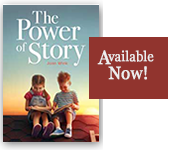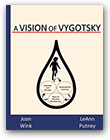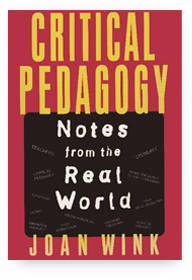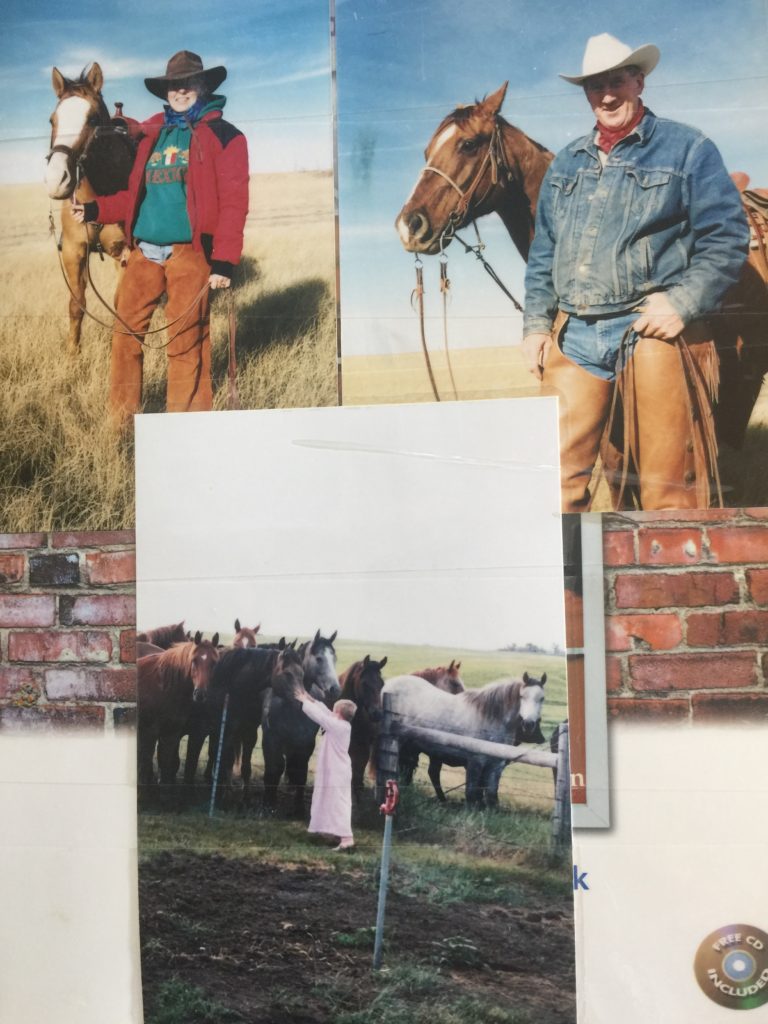Dear WinkWorld Readers,
Sometimes the roles of writer, rancher, and/or professor blur a bit–for example, today.
I got up early again today to take my walk and then begin working on my page proofs for the day, where some permission questions needed my focus. What are page proofs? Page proofs are sort of like your last chance on a manuscript to find any previous errors and make any teeny-tiny changes. They are like photos of the forthcoming book pages. Very exciting and very scary for fear that you omit a thank you to someone. If I did, forgive me.
However, I was interrupted by a colleague who had just learned about epistemology, ontology, and axiology. These philosophical words suddenly become significant in the beginning of doctoral programs. Epistemology relates to the nature of knowledge: What do we know and how do we know it? Ontology relates to the nature of being; what actually exists? Axiology relates to the inherent value, as in ethics or morals. These 3 words always lead to discussions of “the sages of the ages:” Socrates, Aristotle, and Plato. And, if you just remember SPA, you will never forget who taught whom of those three thinkers. And, my colleague’s discussions of “the sages of the ages” will soon lead to discussions of all of the “isms:” idealism, realism, humanism, essentialism, perennialism, progressivism, social reconstrutionism, and existentialism.
(McNeergney & McNergney, 2004, p. 146)
The problem with my colleague’s question this morning is that it led me to some treasured books, and then I was immediately distracted by the photos decorating these books.
I can almost guarantee that this colleague will soon ask me about a priori and a posteriori.
However, by now, I had squandered away enough time being a professor and need to get back to being a writer, but Wink appeared and said, “Bad news.” I held my breath: 4 of our horses had gotten into poison oats. To heck with big words and permissions on page proofs, it was time to be a rancher, which took all of our energies until well into the afternoon. Frankie (my horse) and the other horses seem to be stable now. We are optimistic.
Back to being a writer and those page proofs. There was a knock at the door, and a man came to fix the falling ceiling in the old (1920s) part of the house. “Chicken Little” was right. Guess that makes me back to being a rancher or rancher’s wife now. Ceiling patched.
Back to being a writer.
OOOps. Time for dinner. Rancher’s wife again.
If this WinkWorld feels a bit disjointed, it is because it is a good reflection of my day. The roles become blurred out here.









at 3:14 pm
I love how your worlds blur/collide together. Thank you for always being open. You blend nicely as your role as a rancher’s wife.
at 4:08 pm
Thanks, Lorena!
at 9:42 pm
I learned about a priori in a 10th grade World History class in 1968 in my southwestern Virginia high school. It opened up a philosophical understanding for me that is still, after all these years and life experience, up in the top ten “aha” moments of my life. I’m sure Mr. Williams was completely unaware of what he had done! : )
I have not heard the term a posteriori until reading your post, though I have understood and explained the concept many times to both students and adults. Nice to know it has a name and one of my favorites has a juxtaposition term!
Always learning…appreciate your touch on my life.
Blessings,
Pam
at 10:57 am
Always good to hear from you, Pam. What an interesting story: a priori in 10th grade. Yes, it is clear to me that you understand and both of those terms. Frankie and friends are better – we did now think that they did not eat enough to hurt them.
at 9:43 pm
p.s. Hoping for the best for Frankie and friends.
at 3:25 pm
Joan,
What a great snapshot of your day. I remember you saying something to the effect about when we have a bad day, it is upsetting but on ranch life a bad day can mean something dies. I am glad your horses are on the mend.
at 9:02 pm
Yes, Wink always told me when I was a full-time prof, that if I didn’t do something, someone would get mad at me. However, he says that if he doesn’t do something, something (an animal) will die. True enough. Horses did not eat enough to hurt them.
at 7:37 pm
Thanks for sharing the great photos and thought process. You have always had an amazing way of sharing knowledge and personal experiences in a manner that makes learning both comprehensible and enjoyable.
at 11:45 am
Thank you, Anna, your are pretty darned amazing yourself! Great to reconnect.
at 1:38 am
It’s inevitable, I will do a WinkWorld about you eventually.